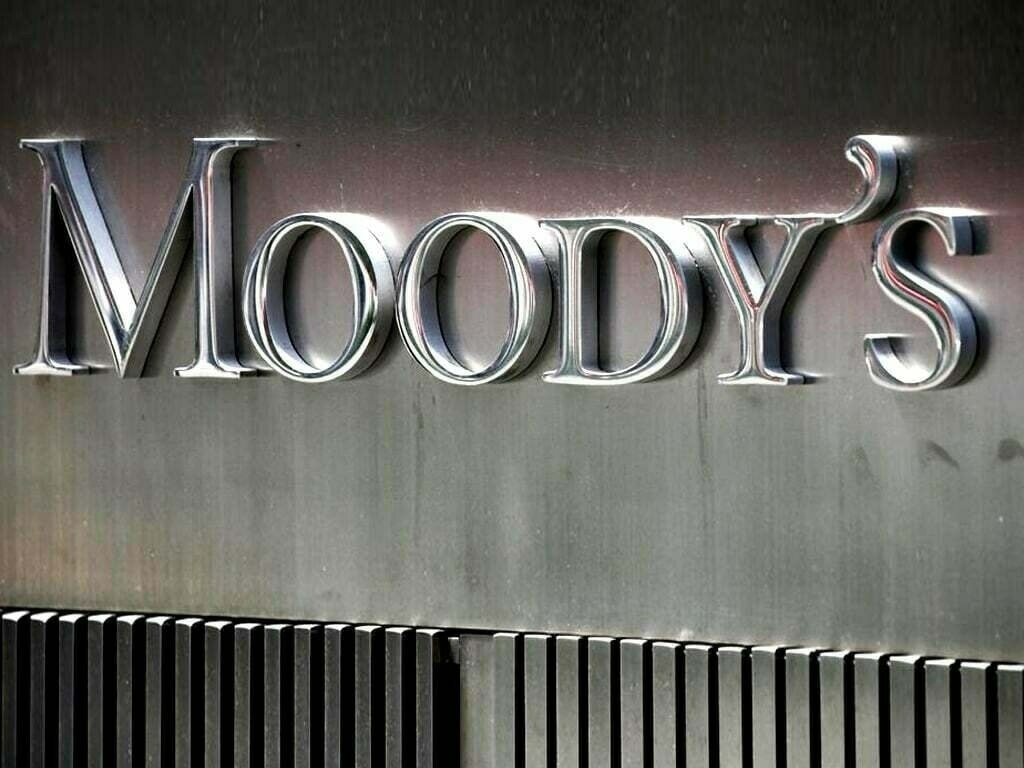PTBP Web Desk
In a major boost to investor confidence, Moody’s Ratings on Wednesday upgraded Pakistan’s local and foreign currency issuer and senior unsecured debt ratings to Caa1 from Caa2, reflecting the country’s improving economic fundamentals and steady reform progress under the International Monetary Fund (IMF) Extended Fund Facility (EFF).
The global credit rating agency also upgraded the rating for Pakistan’s senior unsecured Medium-Term Note (MTN) programme to (P)Caa1 from (P)Caa2 and changed the outlook to stable from positive.
In its statement, Moody’s highlighted that the upgrade reflects Pakistan’s improving external position, driven by sustained progress in reform implementation under the IMF program. The country’s foreign exchange reserves have improved and are expected to rise further, though still from fragile levels.
The upgrade follows similar moves by Fitch Ratings and S&P Global, both of which recently improved Pakistan’s credit ratings, signaling renewed global confidence in the country’s macroeconomic stability.
“Pakistan’s foreign exchange reserves are likely to continue improving, supported by timely financing from official partners. Meanwhile, the fiscal position is also strengthening from very weak levels, with debt affordability improving, though it remains among the weakest globally,” Moody’s stated.
Moody’s noted that Pakistan’s external position has strengthened over the past year, with the country meeting all external debt obligations in FY2025 while adding to its reserves.
The agency expects further gradual improvements as the IMF-backed reforms pave the way for bilateral and multilateral financing. This includes:
- A $1.4 billion IMF Resilience and Sustainability Facility (RSF) over 28 months.
- A 10-year Country Partnership Framework with the World Bank worth an indicative $20 billion for FY2026–2035.
However, Pakistan’s external financing needs remain substantial, estimated at $24–25 billion annually for FY2026 and FY2027. This underscores the need for consistent reform progress to unlock and sustain inflows.
The report acknowledged that Pakistan’s fiscal health has improved from very weak levels thanks to revenue-raising measures and better enforcement.
- Government revenues rose to 16% of GDP in FY2025, up from 12.6% in FY2024.
- The increase was driven by a 2 percentage point GDP boost in tax revenues and a one-off extraordinary dividend from the State Bank of Pakistan (SBP).
- Fiscal deficits have narrowed, and primary surpluses have widened.
Moody’s projects a further narrowing of the fiscal deficit to 4.5–5% of GDP in FY2026 from 5.4% in FY2025, though it warns that interest payments will still consume 40–45% of revenues in FY2026–2027 — a sharp decline from 60% in FY2024 but still very high by global standards.
While debt affordability has improved, it remains a key credit constraint. Moody’s highlighted that Pakistan’s ability to service debt is still among the weakest of rated sovereigns.
Progress in tax administration and compliance is encouraging, but sustainability will require continued reform momentum without increasing the burden on vulnerable social groups.
Moody’s cautioned that risks remain significant. Any slippage in reform implementation could delay or block financing from international partners, leading to renewed stress on the external account.
The agency noted that several previous IMF programs were left incomplete, partly due to weak governance, institutional challenges, and political instability.
The current government, elected in February 2024, faces the delicate task of pushing through revenue measures while avoiding social unrest — a balancing act that will determine Pakistan’s future credit trajectory.
The upgrade to Caa1 also applies to the backed foreign currency senior unsecured ratings for The Pakistan Global Sukuk Programme Co Ltd. Moody’s considers the associated payment obligations as direct obligations of the Government of Pakistan.
The outlook for the Sukuk programme has also been changed to stable from positive, in line with the sovereign rating.




